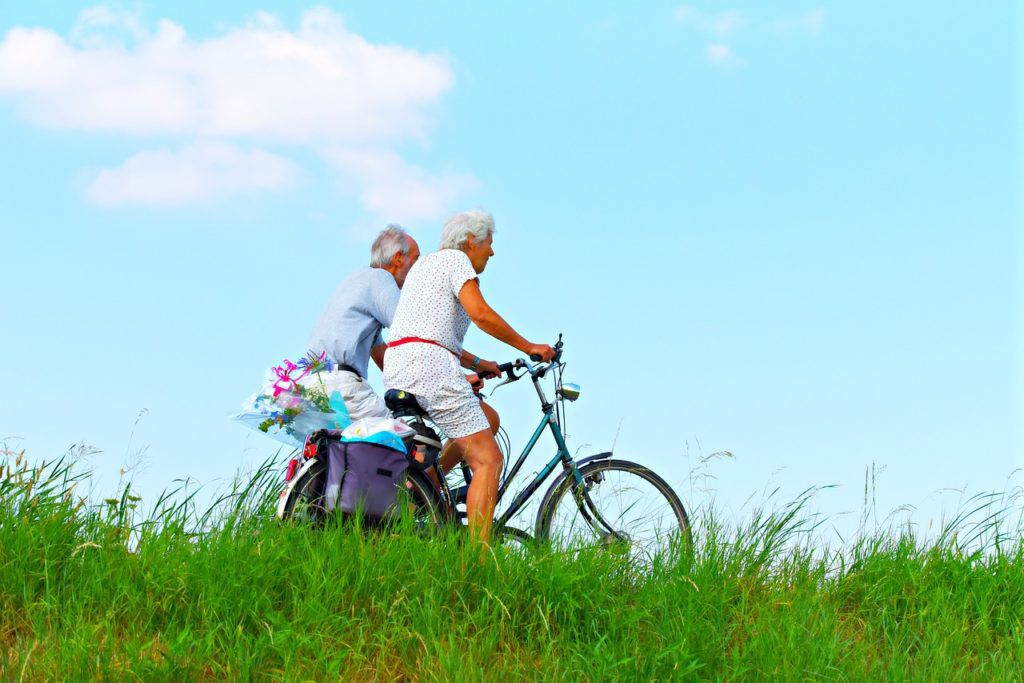Good for youProteins
Protein
noun, plural ‘Proteins’
A word you must know. We researched it. We studied it. We learned where it came from, searched its history, discovered its scientific value and offer it to you… in every dish.
Origin: the term “protein” comes from the Greek word «protevo» that means: “get the first place”. A substance so important that led scientists to believe that life was created together with the first molecule of protein.
Body Strengthening Action
- Providing the necessary amino acids, which are fundamental building blocks of the cells and essential for the buildup of the muscles, bones and generally all tissues, proteins optimize body structure (muscle, bone) and benefit body development.
- By optimizing the body weight, they also offer natural wellness, maintaining and even increasing muscle and bone mass while providing an increased sense of satiety.
- They regulate hormone function with protein-hormones, such as insulin, thyroid stimulating hormone, etc.
- They strengthen the body’s defenses with the famous defensive protein-antibodies.
- Transport proteins, such as hemoglobin, are catalysts that accelerate the body’s biological functions.
Possible Consequences of Protein Deficiency
- Slower wound healing
- Various organ malfunctioning
- Proneness to diseases
- Cardiovascular dysfunction
- Multiplication of insufficiency for other nutrients such as Vitamin A and Iron.
Proteins and Motherhood

- During pregnancy and lactation, the World Health Organization recommends additional intake of proteins.
- The same organization believes that the right amount of protein intake during pregnancy benefits the process considerably.
Proteins and Minors

- Children and mostly teenagers need even more protein to maintain and produce new tissues due to intense changes in their body and increased physical activity.
- That’s why, if the child doesn’t receive the necessary proteins, the body growth slows down, while on the same time muscle and bone mass are lost and the immune system is disrupted, prompting the body to be more susceptible to infections.
Proteins and Adults

- The World Health Organization suggests that, as part of a healthy diet for adult men and women, the proper amount of protein is 0.83 grams per kilogram of body weight, each day.
- It’s preferable to consume small doses of protein in every meal than big amounts once a day, due to the limited storage capacity of new proteins in the adult body.
Proteins and the Elderly

- Proteins are very important for elderly people, as they help their bodies maintain muscle and bone mass, muscle strength and therefore, their health.
- It is common knowledge that with old age comes an increase in body fat while muscle and bone mass are being reduced, including body proteins. A renowned situation called sarcopenia.
Proteins and Exercise

- Athletic people require 1.5-2 times more protein than common people, as it is beneficial in healing muscle damage and increasing muscle mass.
- Especially for athletes even the time of protein consumption is essential. The sooner after their workout the better. Even better, if their food contains carbohydrates as well, as insulin has doping effects.

